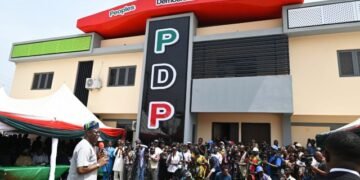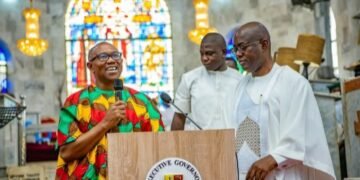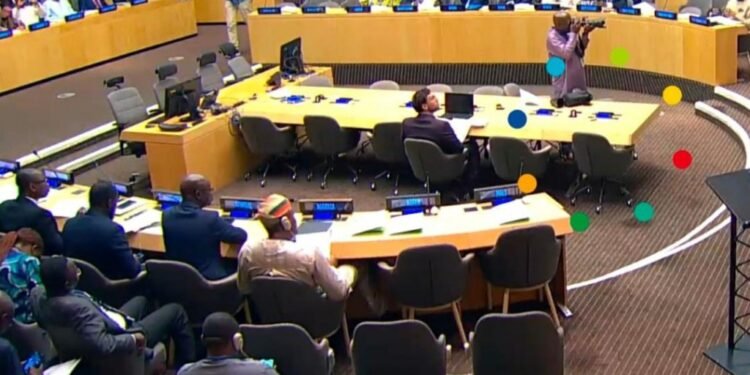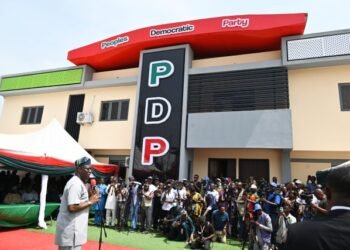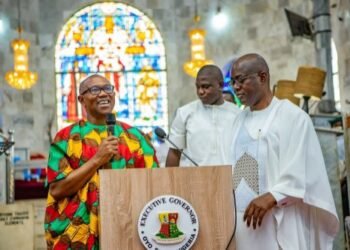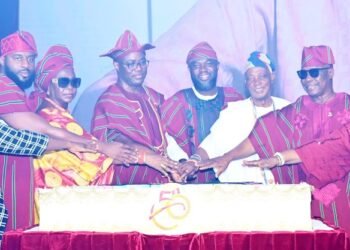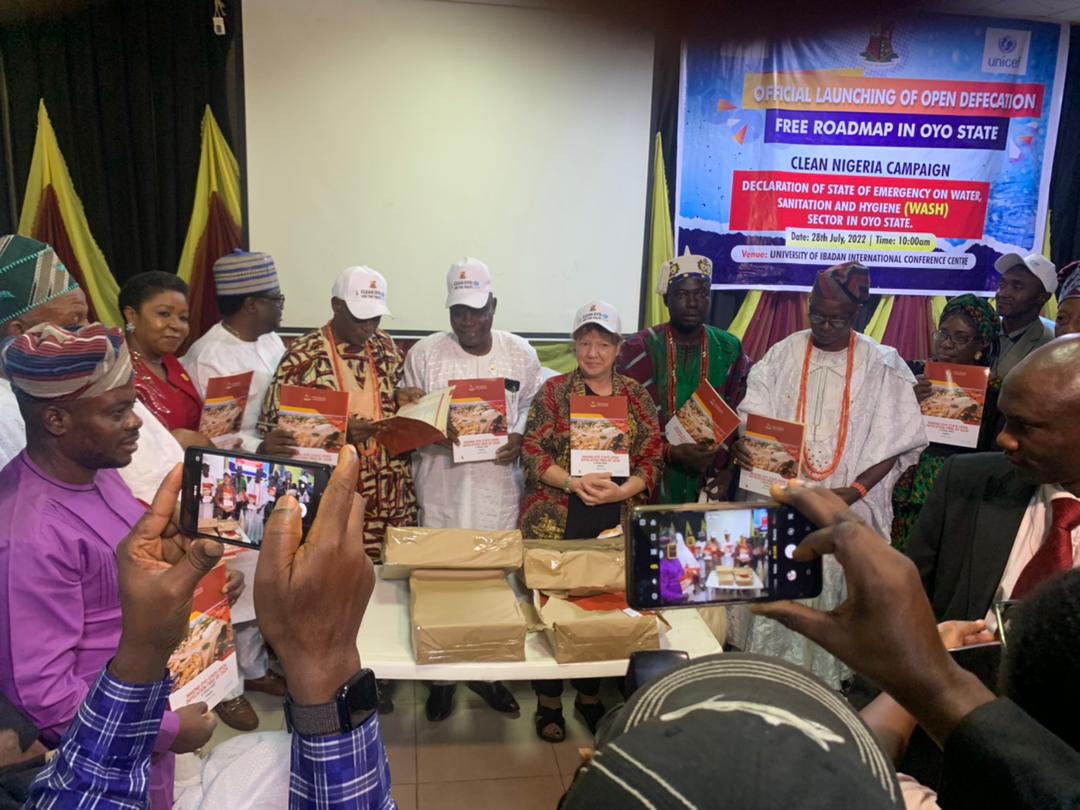The Economic Community of West African States (ECOWAS) has taken its evolving building blocks for the strengthening of multilateralism to the United Nations (UN).
This was in line with its aim at promoting the cherished ideas of multilateralism and the accepted principles of mutual coexistence across regions and races.
This was as the ECOWAS Commission insisted on ensuring the return of Burkina Faso, Mali and Niger to its fold.
The three West African countries announced their exit from the Commission last January following the refusal of Bloc to recognise them after the military took over reins of government in the three countries.
The ECOWAS Commission’s Commissioner for Political Affairs, Peace and Security, Amb Abdel-Fatau Musah, stated this on the occasion of the ECOWAS @ 49 high-level event, held at the ECOSOCC Chamber at the UN Headquarters, New York, USA on 7 June, 2024.
Amb Musah, who stood in for the ECOWAS Commission’s President Omar Alieu Touray, used the occasion to draw meaningful correlation between regionalism, democracy and development in West Africa.
He drew attention to the historical evolution of the strides of ECOWAS within the context of world events which had allowed it to unlock hitherto closed doors beginning with its intervention in Chad in 1981.
Amb Musah as well mentioned other interventions through ECOMOG in Liberia, Sierra Leone, Guinea Bissau, down to the more recent remarkable mediation missions in the ECOWAS member states.
He stated that West African region has been the quintessence, epitome and source of great African empires and civilisation, a feat which he said puts it in good stead to examine critically the fate of regionalism and its relationship with multilateralism.
He said ECOWAS must be supported to build on its visionary accomplishments, having been the first regional organisation to establish the protocol relating to the free movement of persons, goods and right of residence and establishment.
Today, Amb Musah noted: “The West African regional block holds aloft its big dream of interconnectivity whether on land, at sea and in the air.”
He said ECOWAS has established a good number of entities and integration schemes in this regard, such as common external tariff as well as a few others billed to boost economic interdependence, including some others that are still in the works.
Hand-in-hand with co-prosperity, he told the august body that the idea of self-sufficiency was high on the agenda of the ECOWAS Commission as it draws 75 to 80 per cent of its funding needs from the 0.5 per cent accruing from the community levy.
He thanked Nigeria, the regional hegemon and about the largest economy on the Continent, for its continuous sacrifices in this regard.
The qualified successes in the UN peacekeeping exercises were also underscored.
Cited in this regard were the ECOWAS normative frameworks, including the supplementary protocol on good governance and democracy which prescribes zero tolerance for unconstitutional seizure of power.
Restating the firm stand of ECOWAS on democratic ethos, Commissioner Musah referenced the three member states who have served notice of withdrawal from the organisation and disclosed that it is also a pointer to the fading fortunes of multilateralism and the need to rebuild it.
He noted that the planned special summit on the future of integration would be used to openly engage the disoriented states, and discuss issues relating to their grievances.
“Disagreement must not lead to divorce. We are determined that they come back as there is a lot to lose by all sides should they go.
“We have to rebuild multilateralism if not through same values but through similar global values” Commissioner Musah added.
The session was moderated by Dean of ECOWAS Group of Ambassadors at the UN and permanent representative of Senegal to the UN, H.E. Amb. Cheikh Niang.
It also featured presentations by the Deputy Secretary-General of the UN, African Ambassadors’ permanent reps, Ms. Amina J. Mohammed, who reeled out a long chain of achievements by ECOWAS.
There were also goodwill messages from the ECOWAS Permanent Representative to the UN, H.E Ambassador KinzaJawara-Njai, Professor Rita Kiki Edozie of the Deval Patrick Endowed Chair and Africa Scholars Forum, University of Massachussetts, Boston.
Others included representatives of the African and European Union to the UN who pledged their willingness to support the idea of strengthening multilateralism for development in partnership with ECOWAS.
The special session is expected to facilitate a collective understanding of ECOWAS’ approach to addressing ongoing challenges and the continued pertinence of regionalism for democracy, sustainable development and enhanced multilateralism.
High level dialogue event had its theme as: “ECOWAS at 49: Regionalism, Democracy, and Development in West Africa: Building Blocks to Strengthening Multilateralism”, streamed live by the UNWeb TV.

